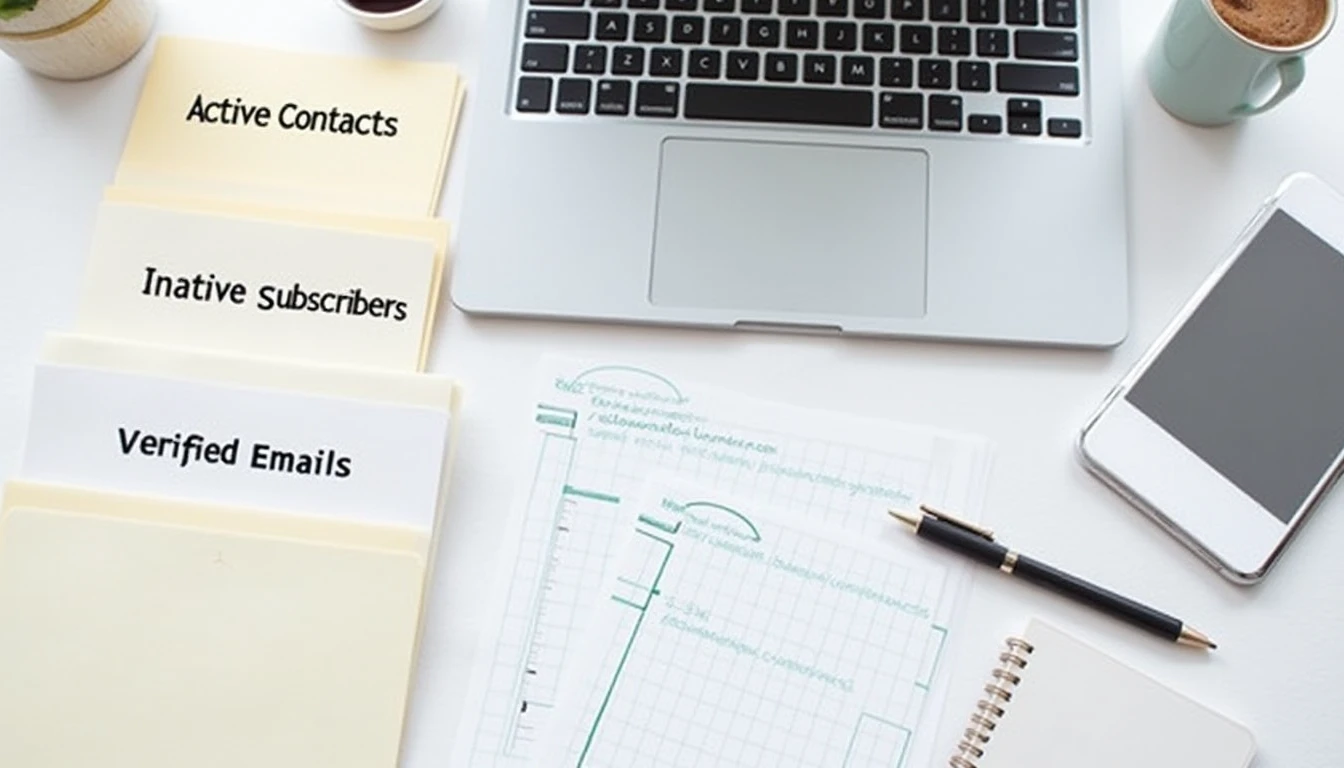Struggling to remember multiplication tables or feeling rusty with mental calculations? You’re not alone in wondering how to get better at math. Math fluency isn’t just for students preparing for exams — it’s a lifelong skill that supports problem-solving, budgeting, and everyday decision-making. The good news? Like learning a language or building muscle, math fluency improves with consistent practice and the right tools, no matter your age.

Establish a Consistent Daily Practice Routine
Consistency turns math fluency from a challenge into a habit. Dedicating even 10–15 minutes a day can transform accuracy and speed over time.
Tips for daily practice:
- Quick computation drills: Focus on addition, subtraction, multiplication, and division to build foundational skills.
- Mental math exercises: Solve problems in your head to improve speed and flexibility.
- Problem-solving activities: Apply math concepts to real-life scenarios like shopping discounts or cooking measurements.
Short, frequent sessions work better than long, exhausting study blocks. Over time, these bite-sized practices make math skills automatic and stress-free.
Use Visual Aids and Real-Life Connections
Numbers become meaningful when connected to hands-on activities and real-world examples. Learners—especially younger ones—benefit from seeing math concepts in action rather than just memorizing formulas.
Some practical tools include:
- Blocks, counters, or number lines: Visualize addition, subtraction, and fractions clearly.
- Geometry sketches or mapping activities: Build spatial awareness and pattern recognition.
- Real-life math: Track expenses, measure ingredients, or plan trips to make math useful and engaging.
By combining visuals with practical examples, learners see the value of math beyond the classroom.
Tools to Make Math Learning Easier
| Method | How It Helps | Example |
| Quick computation drills | Improves speed and accuracy | Timed flashcards for multiplication facts |
| Visual manipulatives | Builds conceptual understanding | Using blocks to show fractions or ratios |
| Mental math challenges | Enhances focus and flexibility | Solving percentages without a calculator |
| Real-life math activities | Connects math to practical situations | Calculating discounts while shopping |
Incorporate Brain Training to Boost Cognitive Skills
Math fluency depends on more than memorizing formulas. It draws on memory, focus, reasoning, and mental flexibility—skills that can be strengthened through brain training.
How brain training helps math practice:
- Memory retention: Repeated challenges help store math facts for quick recall.
- Attention and focus: Concentration exercises reduce errors in problem-solving.
- Logical reasoning: Puzzles and strategy games improve analytical thinking.
- Mental flexibility: Switching between different problem types enhances adaptability.
Even brief sessions of brain training have been shown to improve mental performance over time, creating a stronger foundation for learning and daily decision-making.
Make Practice Fun with Games and Apps
Boring drills often discourage learners. Turning math into a game-like experience keeps practice consistent and enjoyable.
Some ideas include:
- Board games: Monopoly or math bingo reinforce arithmetic in playful settings.
- Flashcard competitions: Timed challenges encourage speed and accuracy.
- Math puzzle books or apps: Combine logic, problem-solving, and creativity for a balanced mental workout.
Digital tools take this further by offering personalized learning paths, visual progress tracking, and rewards that keep learners motivated day after day.
Fun Ways to Practice Math Daily
| Method | Purpose | Sample Tools |
| Board games | Reinforce arithmetic skills | Monopoly, Math Bingo |
| Flashcard challenges | Build speed and recall | DIY flashcards, Quizlet app |
| Puzzle books & brain games | Develop logic and problem-solving | Sudoku, KenKen, logic puzzle books |
| Math learning apps | Personalize practice & track progress | Prodigy, Brilliant, Khan Academy |

Resources for Learners at Any Age
Building math fluency is a lifelong skill, so learners need age-appropriate, accessible resources:
- For kids: Websites like National Numeracy Challenge offer interactive math games and basic skill-building tools.
- For teens and adults: BBC Skillswise and Khan Academy provide free video lessons and exercises covering arithmetic to algebra.
- For self-learners: Many libraries and community centers run free math workshops or offer printable resources for independent practice.
Using these platforms regularly helps learners revisit core concepts, fill knowledge gaps, and gain confidence with numbers.
Mind Elevate App: The Ultimate Brain Training Tool for Math Fluency
Daily math practice builds skill, but pairing it with cognitive training accelerates progress. The Mind Elevate app, available on Android and iOS, blends science-based brain workouts with engaging math challenges to sharpen mental agility for learners of any age.
Key features include:
- Personalized initial assessment: Identifies strengths, weaknesses, and learning goals to tailor exercises.
- 35+ brain training games: Covering memory, attention, logical reasoning, math fluency, and even musical perception.
- Daily Challenges and Workouts (premium): Keep practice consistent with structured routines.
- Achievement tracking and progress statistics (premium): Show measurable growth over time for extra motivation.
For math fluency specifically, dedicated math games improve calculation speed, number sense, and problem-solving under time limits—skills essential for building accuracy and confidence.
Why Cognitive Training Complements Math Practice
Math fluency requires both knowledge and cognitive readiness. A learner may know formulas but still struggle with focus or recall under pressure. This is where brain training fills the gap:
- Focus-building exercises improve attention for multi-step problems.
- Memory games help retain math facts for quick access during calculations.
- Logic challenges develop reasoning skills for advanced topics like algebra or geometry.
When combined with daily math routines, cognitive tools like Mind Elevate create a holistic learning approach—addressing both skill-building and the mental processes behind it.
Math Practice vs. Brain Training Benefits
| Approach | What It Builds | Examples |
| Daily Math Practice | Computation speed, accuracy | Flashcards, problem-solving drills |
| Brain Training Games | Focus, memory, logic skills | Mind Elevate attention & math games |
| Real-Life Math Tasks | Practical application | Budgeting, measuring, time planning |
| Fun Math Activities | Motivation, consistency | Board games, puzzle apps |
Math Confidence at Any Age
Math fluency isn’t about rushing through problems—it’s about building accuracy, confidence, and mental flexibility over time. A combination of consistent daily practice, real-world applications, and brain training tools like Mind Elevate helps learners master math skills while keeping practice engaging and effective.
With the right strategies, anyone—from students preparing for exams to adults refreshing core skills—can turn math into a strength for life rather than a source of stress.



